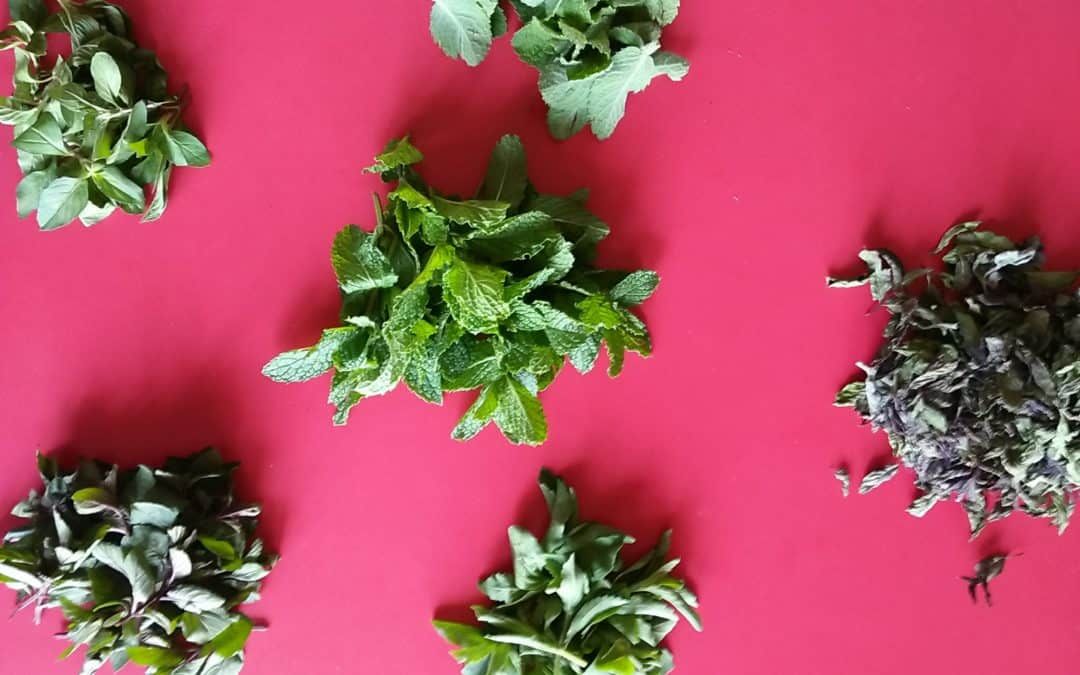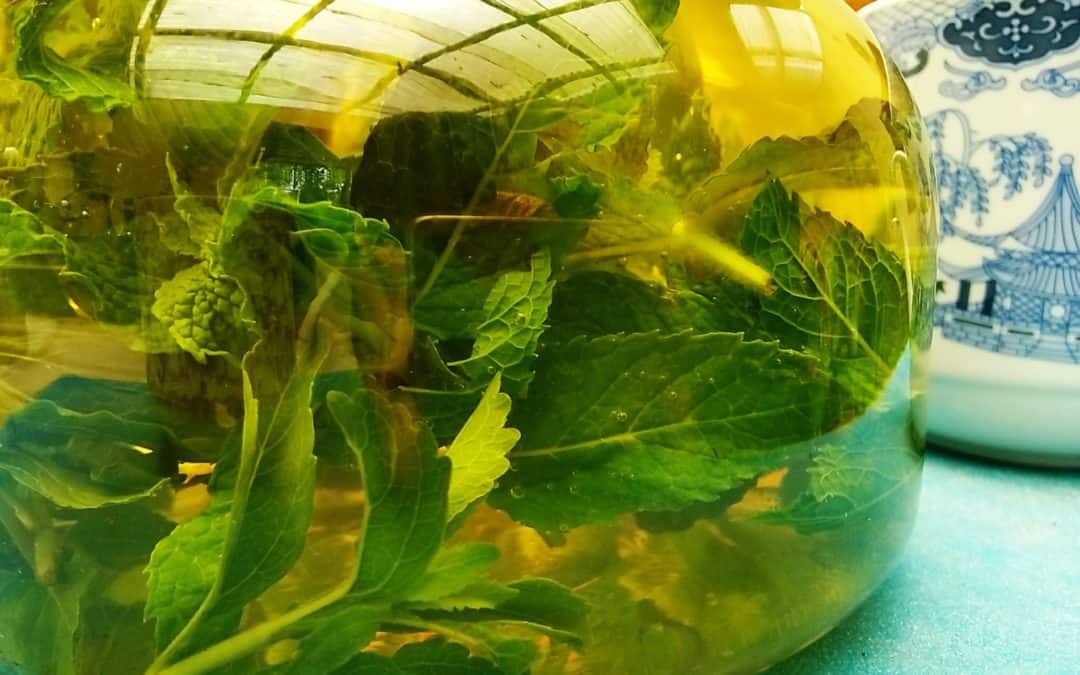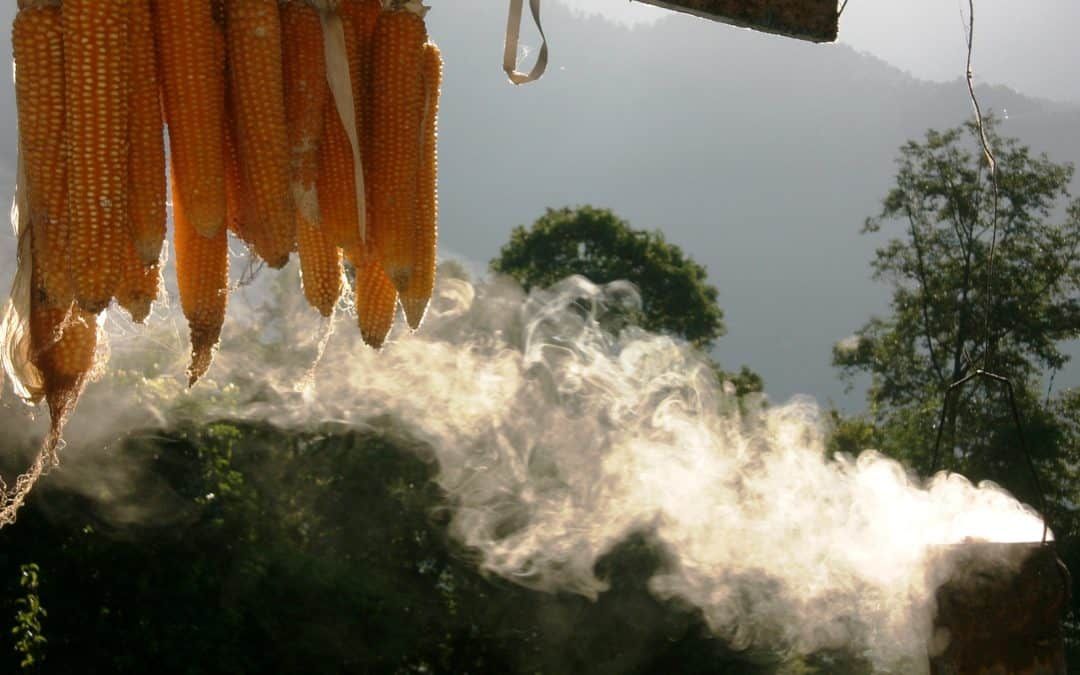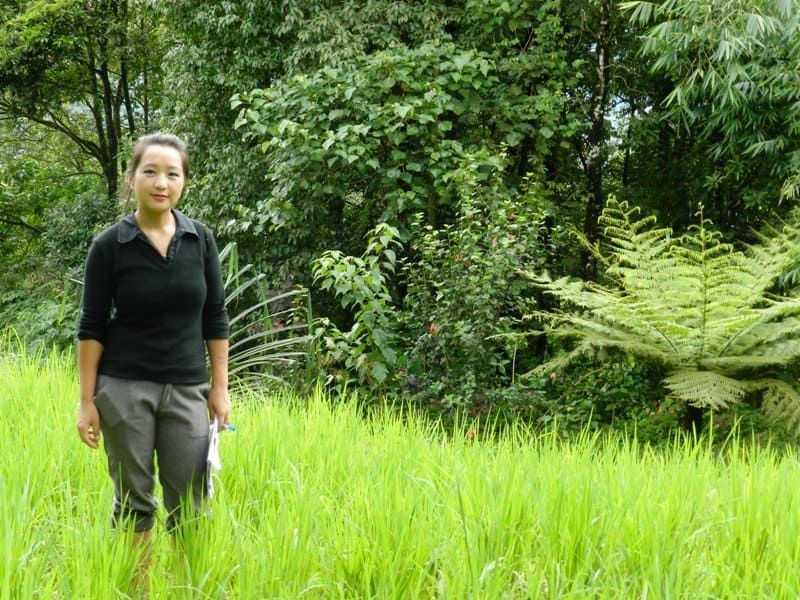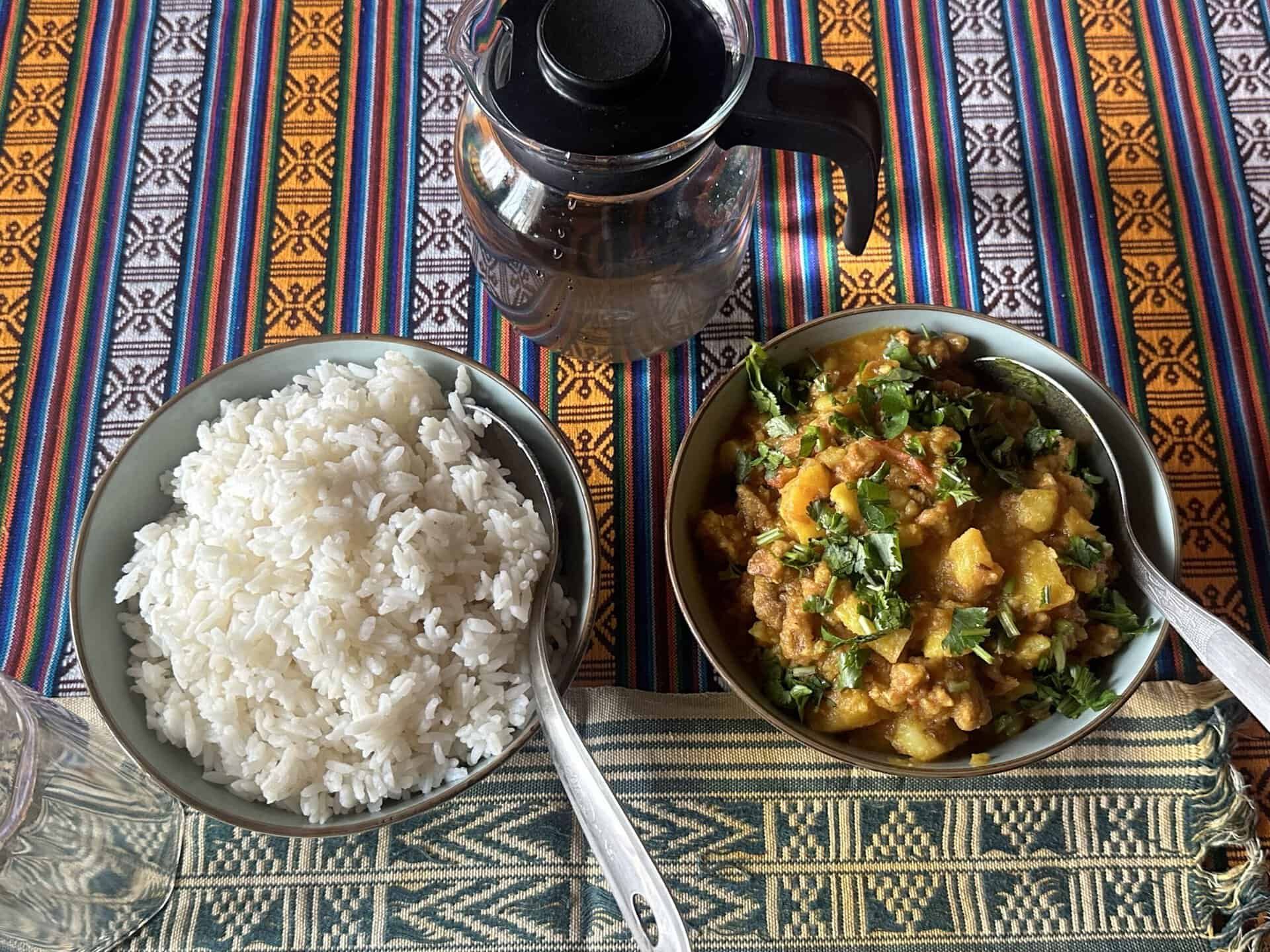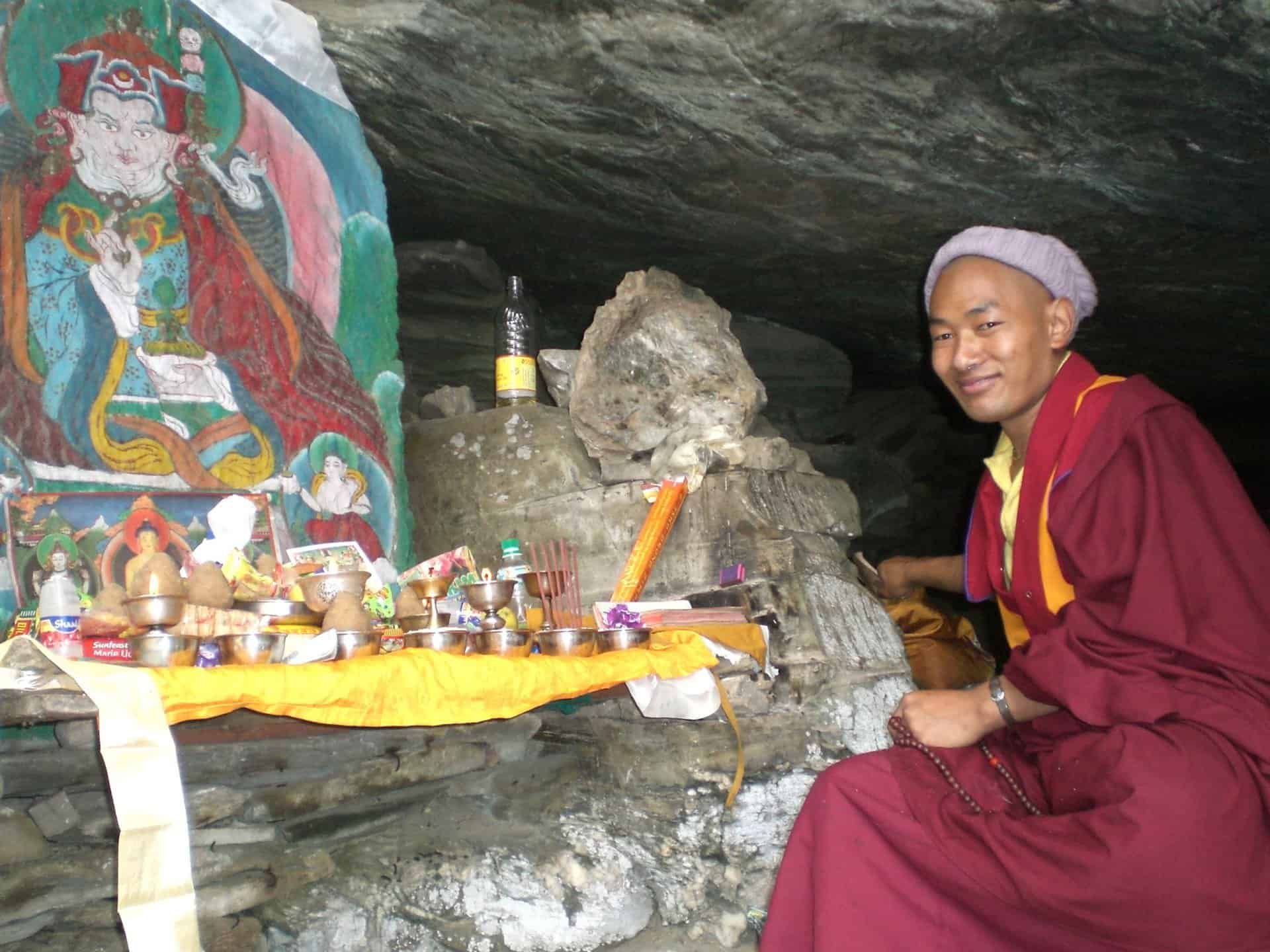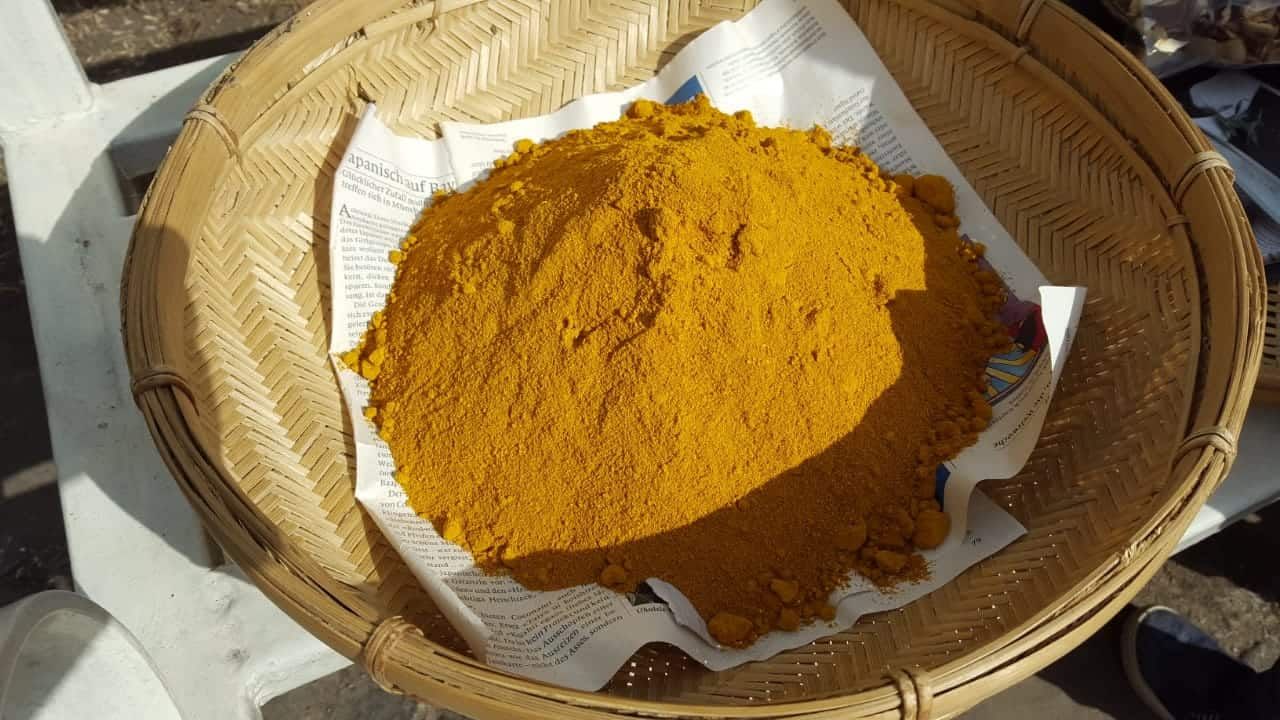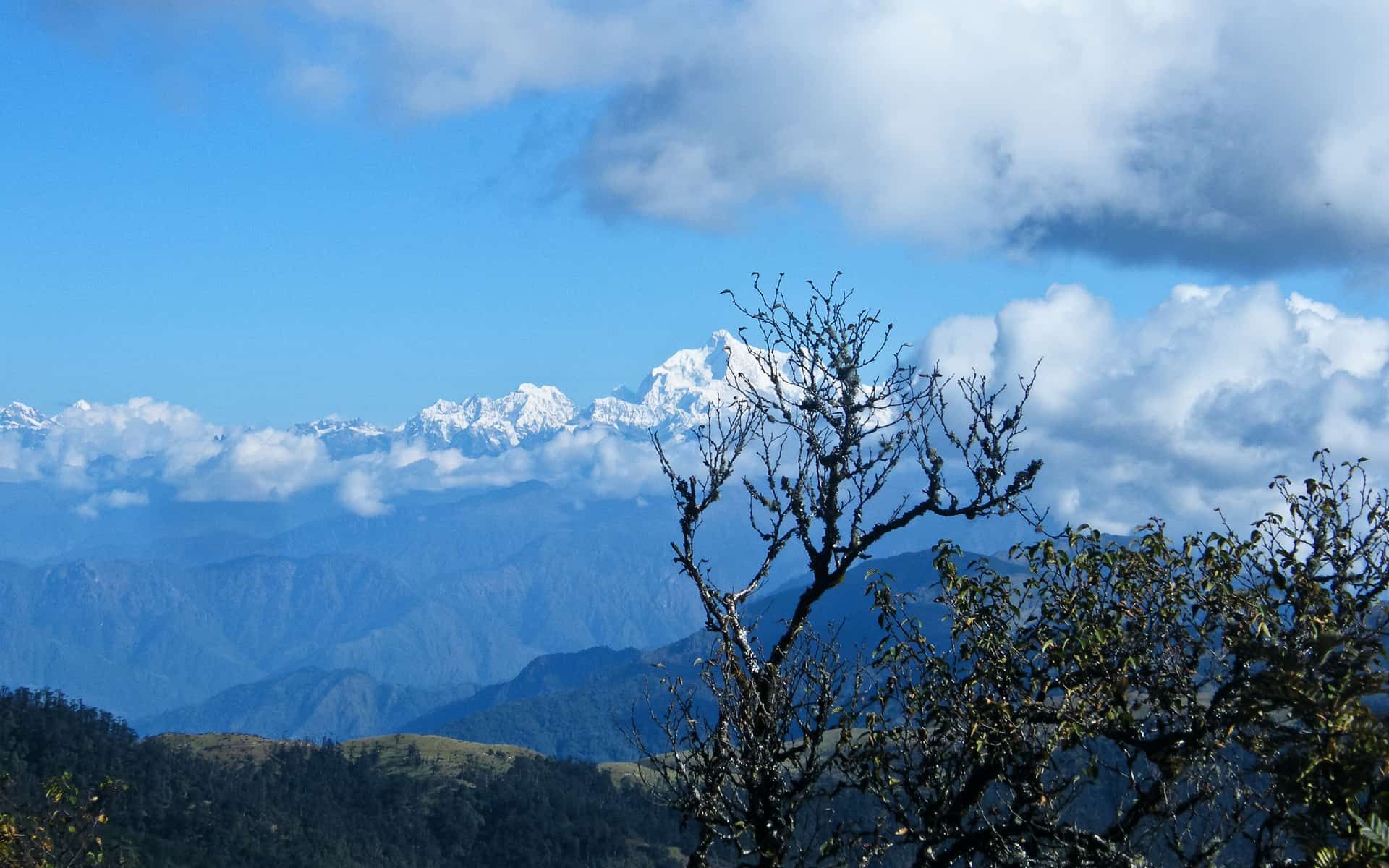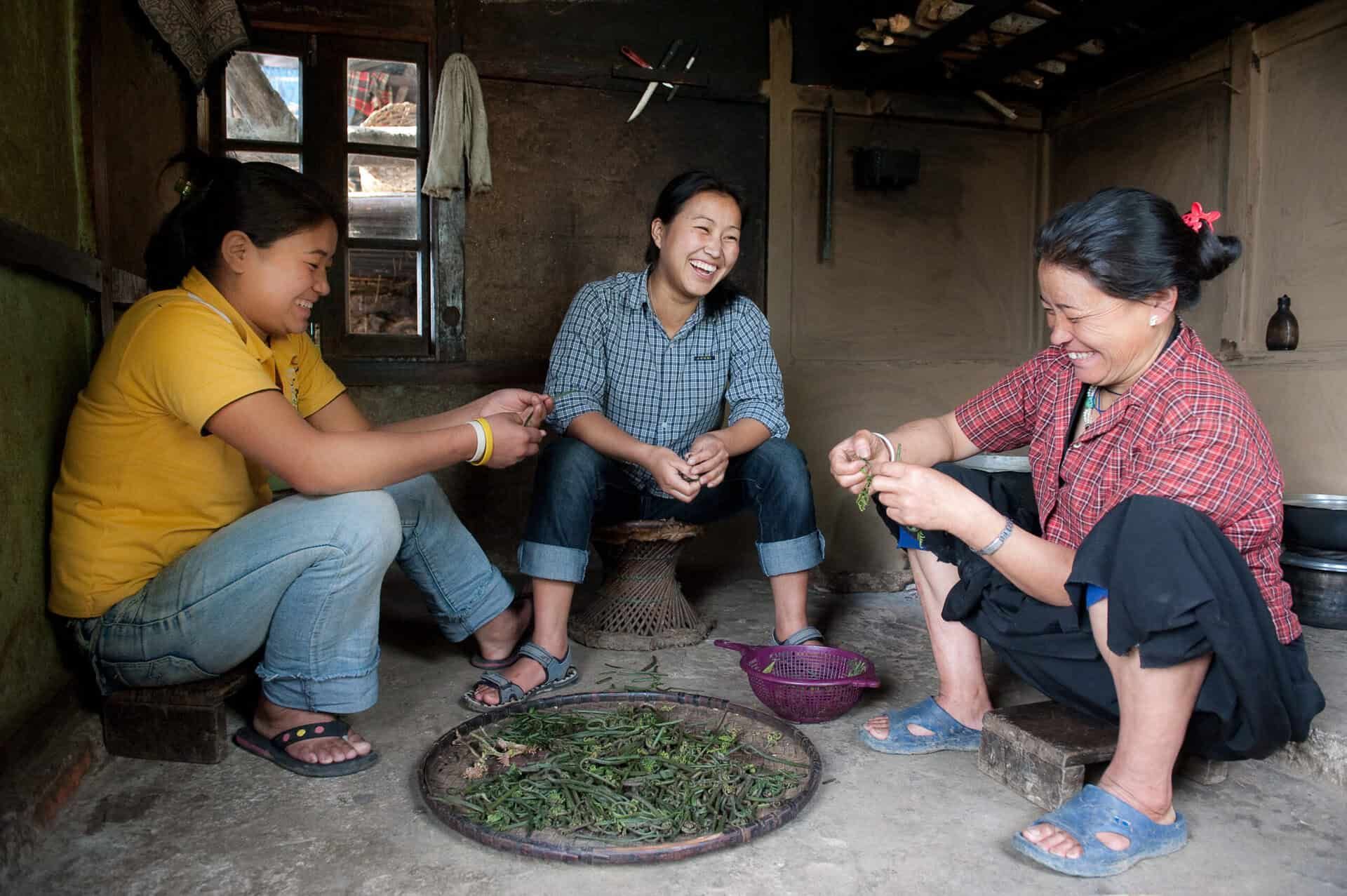What actually is permaculture?
In China they say, life begins with the day you build a garden.
Permaculture at Bamboo Retreat Hotel
Keeping in mind the many studies that teach us about the many different ways the body and soul benefits from the work with plants. Clearly, the Chinese proverb wasn’t exaggerated: After twenty minutes the release of stress hormones decreases, the blood pressure reduces, heartbeat and pulse slow down. Movement and exercise in fresh air benefit the entire body, it loses tensions and balances the monotone movements and hardships of your daily life. All of these are reasons that make gardening a highly effective medicine against typical complaints of the modern life. Furthermore, it creates a positive environment: digging in the ground and the sweet scent of flowers and the smell of wet soil gets rid of negative thoughts. Gardening can also help with depressions, as studies have shown.
We want to take it a step further, and not only have a sustainable garden but also inspire others to try so.
Our vision at the Bamboo Retreat Hotel is to live in harmony with nature. For this reason, we have been working on growing and farming with the principles of permaculture.
Permaculture is diverse and full of life
without the burdening amount of work. Every plant, every animal, and each microorganism has a place in the natural cycle.
But what is permaculture and how is it different from a normal garden.
Permaculture started developing in the 1970’s when Bill Mollison and David Holmgren established it. They used it as an opposition to the industrial agricultural system. The success of the permaculture was based on the efficiency and sustainability of the invention and it was deeply influenced by organic farming.
In 1978 Bill Mollison published his first book “Permaculture One”, with what he won the alternative Nobel prize in 1981. In the book, he describes the concept of agriculture connected to the environment. 2008 he published another book with the name “Permaculture Two”. In both books, Mollis describes his design approaches and shows how permaculture is an attitude that includes planning and designing for entire villages.
PERMACULTURE DOESN’T ONLY PROVIDE OUR BODY WITH NUTRITION BUT IT ALSO NOURISHES SOUL AND SPIRIT.
In order for humans, animals and plants to live together in unity rules and principles were established. Organic farming is very high on the list of permaculture rules and is an important part of the entire system.
When there is a diversion of fruits and vegetables in the same garden, it comes very close to the natural ecosystem and there is always something edible available. But also perennials play an important part so that we can go without a high use of energy.
The basics of permaculture are built upon three pillars:
- Care for the earth and environment,
- concern for the people and
- limitation of the consumption and growth,
but as well sharing the leftovers with others.
The goal of permaculture is to create a small and edible ecosystem, they can be as big as in the agricultural business but as well small ones like ours in our own permaculture garden, in the Bamboo Retreat Hotel.
We want to create a small paradise on earth in Sikkim and we already have the foundation. However, we are still at the beginning of our project and are still working on our design and garden layout. Only if the garden is a well functioning and dynamic system, we can let nature have its turn.
WE WOULD LIKE TO DESCRIBE OUR GARDEN IN SIKKIM TO YOU.
The Bamboo Retreat Hotel is located in the middle of terraced rice fields, forest, gardens and streams on three hectares of land, on the opposite side of the city Gangtok. In our gardens, we cultivate completely organical and we have a diversion of local and general vegetables, flowers, herbs and healing plants. With our permaculture techniques, we try to increase the diversion of our garden and richness of our soil.
In our garden, we harvest completely organic vegetables like local root vegetables, potatoes or cauliflower but as well as many different types of the local leave vegetable (from the mustard family) but also mint varieties. In our garden, you can also find stevia, garlic, beans, corns, peas, and carrots. In the kitchen we also like using a great variety of the traditional and local millet, furthermore, we also use many herbs.
The plants we cure also come from our garden. And notice that our lemon and citronella grass which we use for the special bath treatments at the Bamboo Retreat Hotel are as well from our garden.
And there is still more! We also have pumpkins and wormwood!
In our fruit garden, we grow guavas, lemons, bananas, cape gooseberry and tree tomatoes. And this year, we are grateful to pick kiwis for the first time.
The permaculture has a developed an ethical understanding. However it isn’t about dogmas or belief systems, but the ethics of the permaculture is more about doing the right thing.
This is the motto we live by in Sikkim. We take care of our nature, furthermore, we respect our environment. We would be happy to share our little paradise with you, our guests, and invite you to witness and accompany our team into the garden and be close to mother earth in India.
Of course, we use our organic harvest in our restaurant in the Bamboo Retreat Hotel. For our kitchen staff, it is really important that they use the fresh regional ingredients and adjust our menu to the seasons.
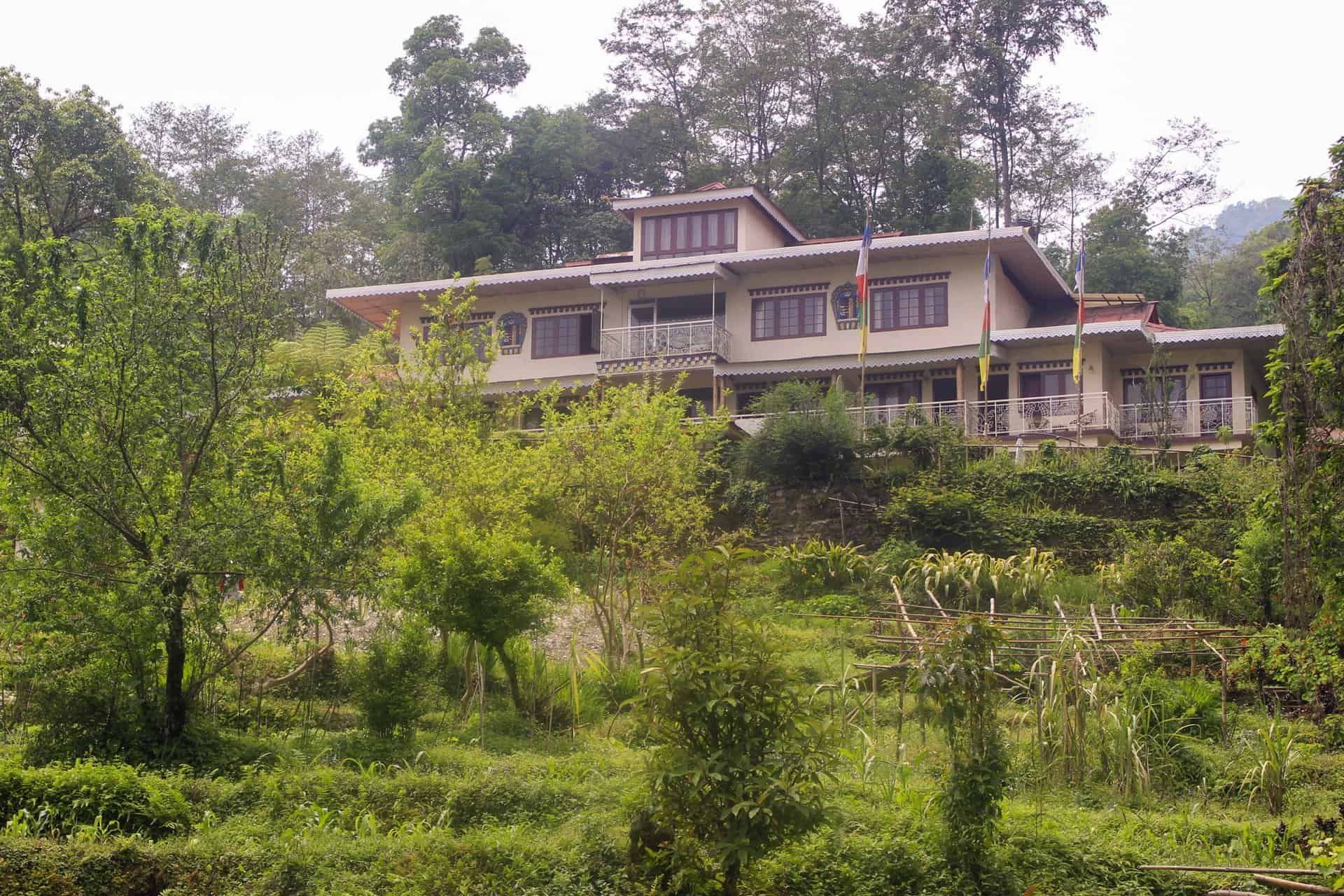
Volunteers wanted!
As well we are always happy to get help from people who have experience with permaculture and permaculture design are willing to have a working holiday here at our hotel in Sikkim. Do you want to share your experiences with us and help us with the expanding of our garden? Then we are really happy to get to know you. We are always eager to learn new methods and to expand our design.
Or do you have experience in the pedagogical field and be prepared to give local school classes an experience with nature?
If you are interested in any of these, we are looking forward to exchanging messages with you. Find us on Workaway or check our website under Working Holidays for more information. There you can find everything you need.
We found some of our information on the pages www.permakultur-design.at and www.permakultur.farm.
